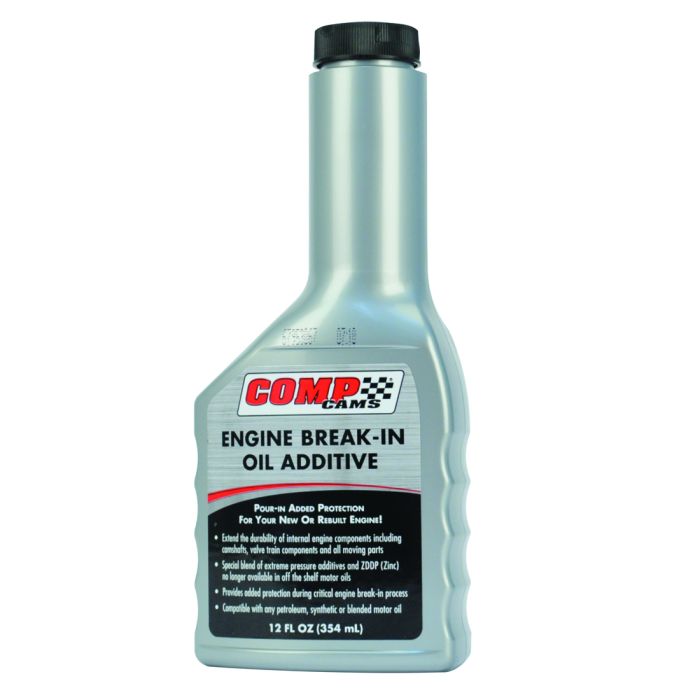As a car owner, you are probably aware of the importance of regular oil changes to keep your engine running smoothly. However, did you know that there are oil additives that can enhance the performance of your engine even more?

Oil additives are chemical compounds that are added to base oil or oil "base stock" to improve its lubricant properties. They can improve the oil's viscosity, reduce friction and wear, and protect engine parts from corrosion and oxidation. In some cases, they can even boost the engine's power and fuel efficiency.
The usage of oil additives varies from engine oil to transmission fluid, differential oil, power steering fluid, and others.
One of the most common types of oil additive is friction modifiers. These are compounds that can reduce the friction between moving parts in the engine, particularly in high-pressure areas like bearings, cams, and pistons. By reducing friction, friction modifiers can improve the engine's efficiency and lifespan, as well as improve fuel economy.
Another important type of oil additive is detergents and dispersants. These compounds can help keep the engine clean by preventing the build-up of sludge, varnish, and other deposits. They work by breaking down and dispersing contaminants in the oil, which can then be removed by the oil filter. This helps to prevent blockages and reduce engine wear.
Anti-wear additives are also commonly used in motor oils. These are compounds that can form a protective layer on metal surfaces, reducing wear and extending the life of engine parts. Zinc and phosphorus are commonly used in anti-wear additives, but their overuse could have damaging impacts on GPF filters.
Another important type of oil additive is viscosity modifiers. These are compounds that can change the oil's viscosity, or resistance to flow, at different temperatures. By ensuring that the oil remains sufficiently thick at high temperatures and thin enough at low temperatures, viscosity modifiers can improve the engine's performance and protect it from wear.
There are also more specialized oil additives that are designed for specific applications. For example, some additives can help reduce engine noise, while others can improve engine cooling and reduce oil consumption. The choice of additive will depend on the specific needs of your engine and its operating conditions.
In conclusion, oil additives are an important component of engine oil, which can significantly enhance its lubricant properties and protect your engine from wear and damage. By choosing the right oil additives for your engine, you can ensure that it continues to run smoothly, efficiently, and for longer. If you want to know more about oil additives, consult with your mechanic or contact the oil manufacturer for guidance on what additives will suit your vehicle the best.